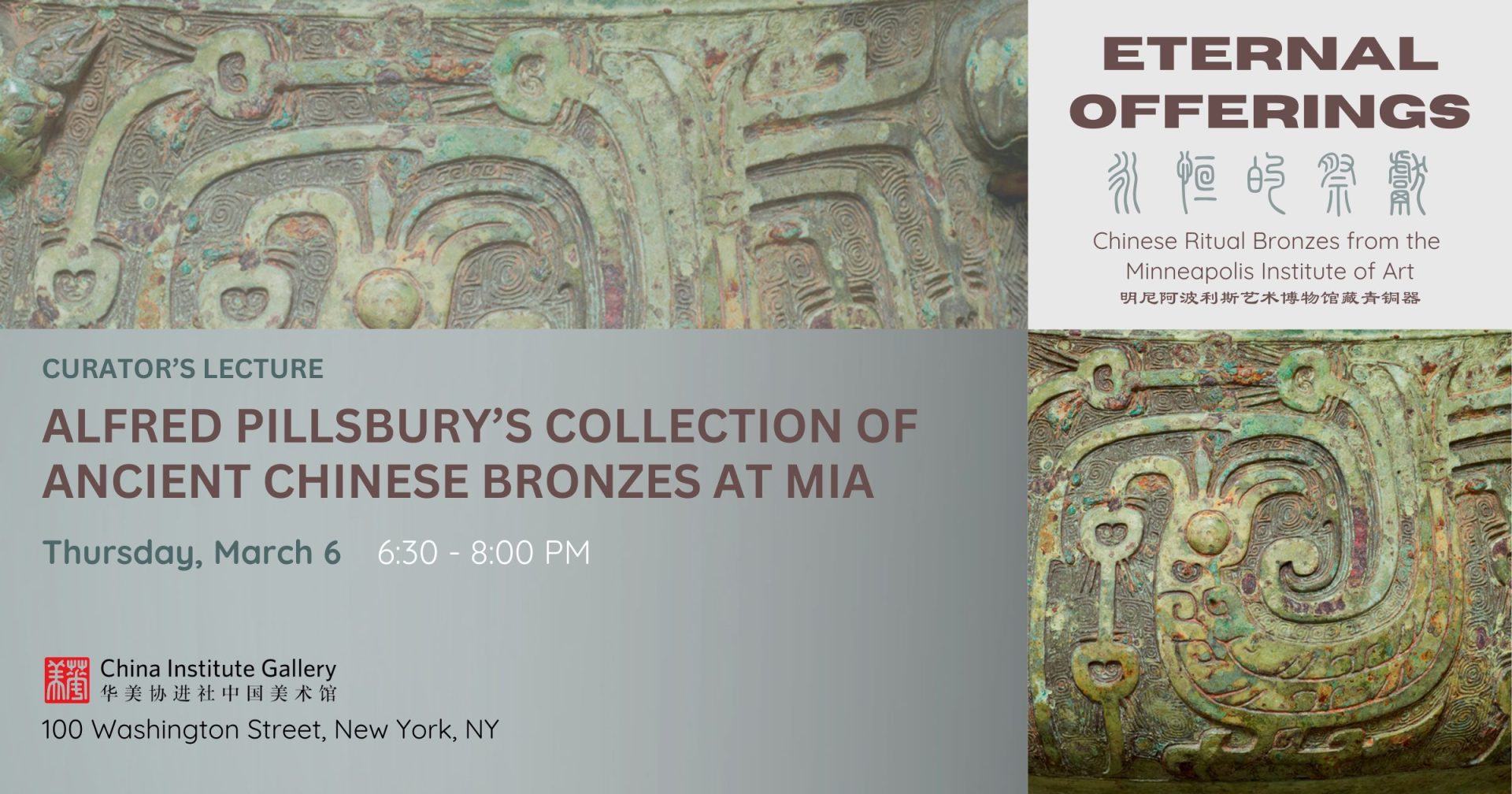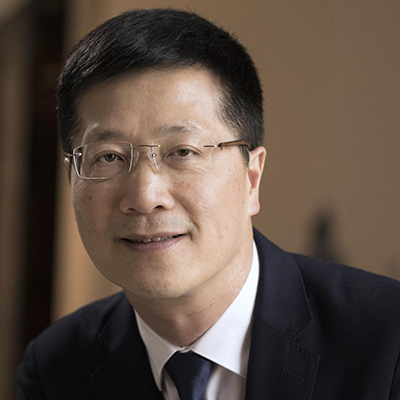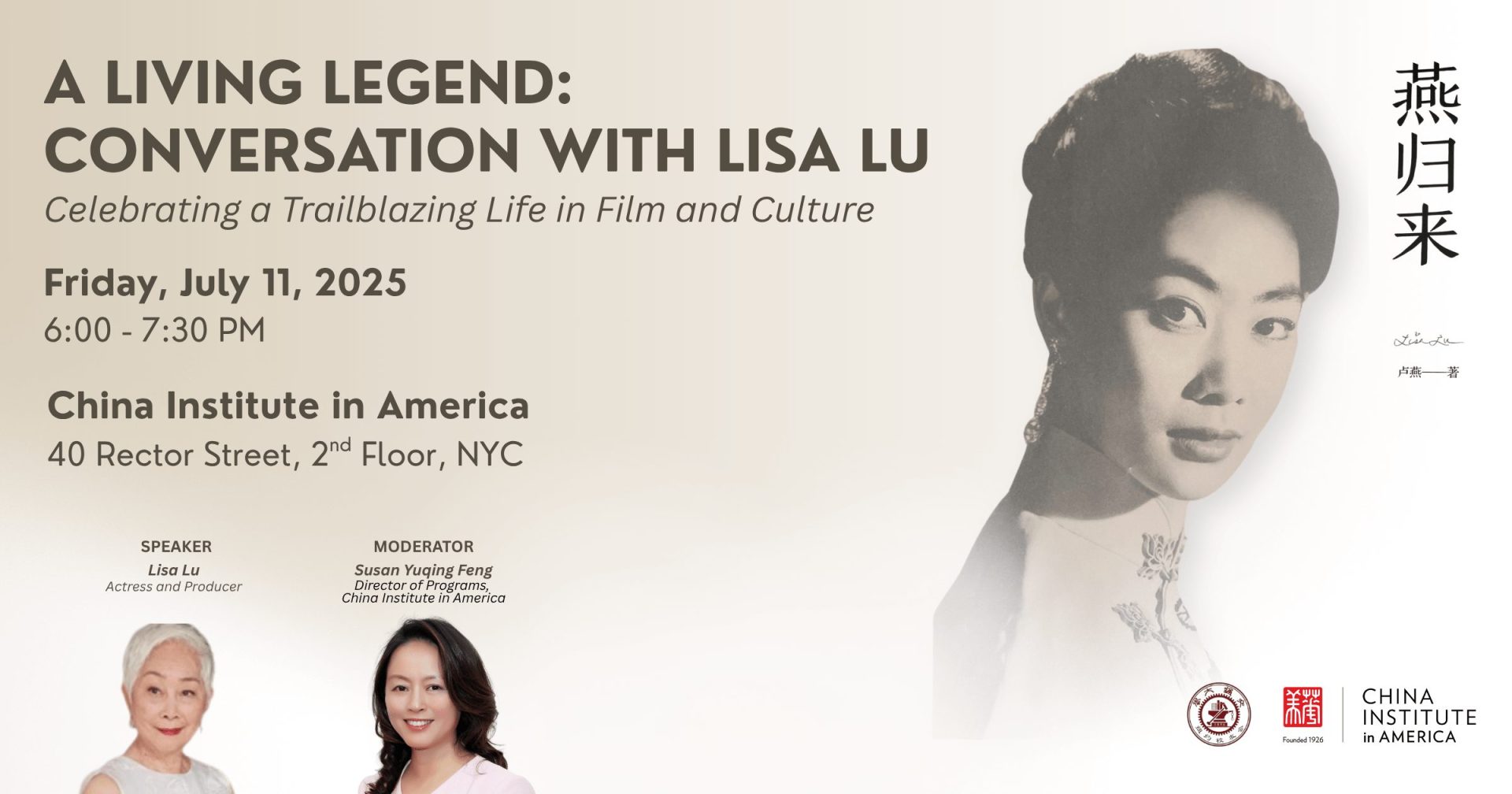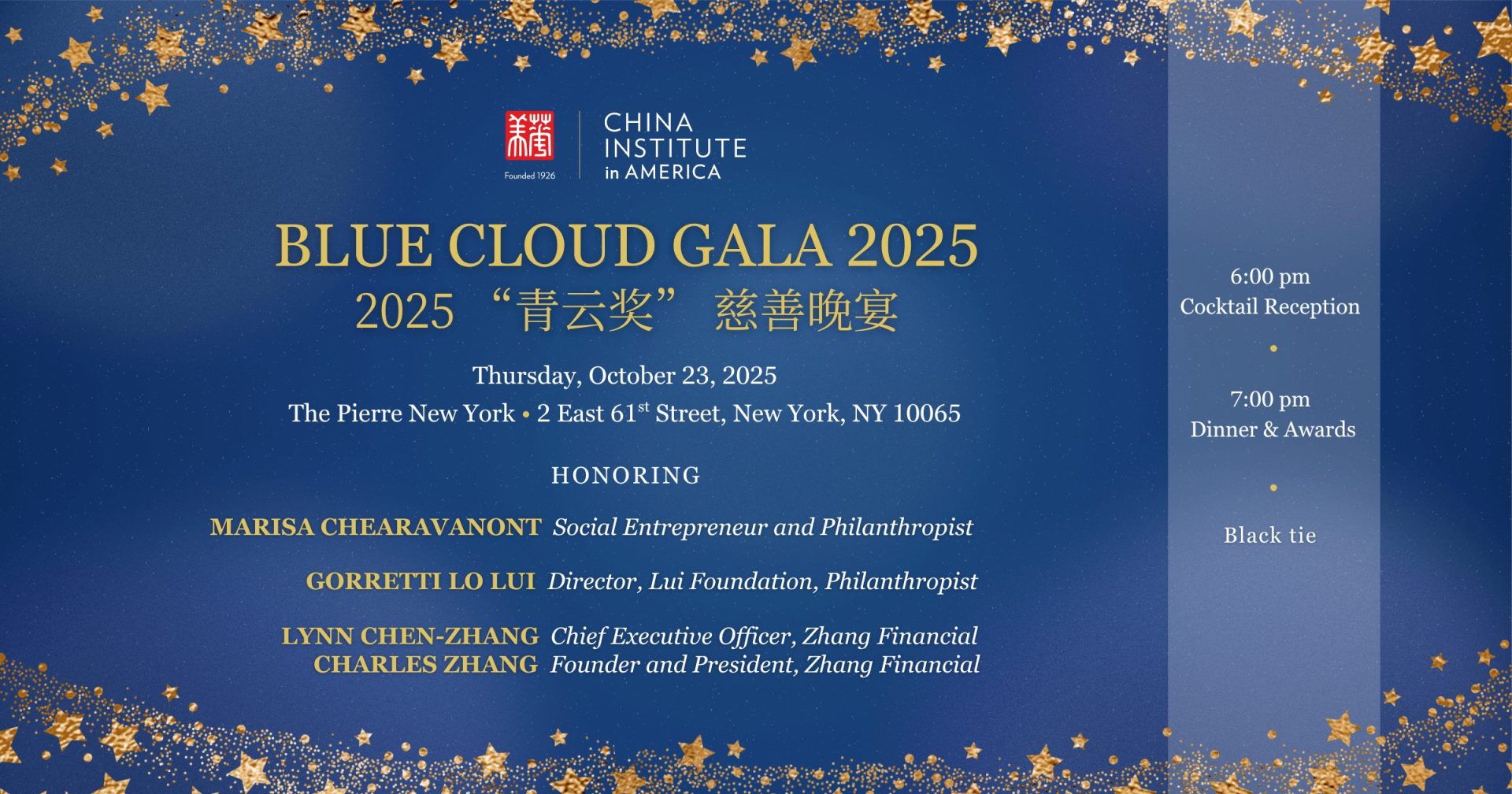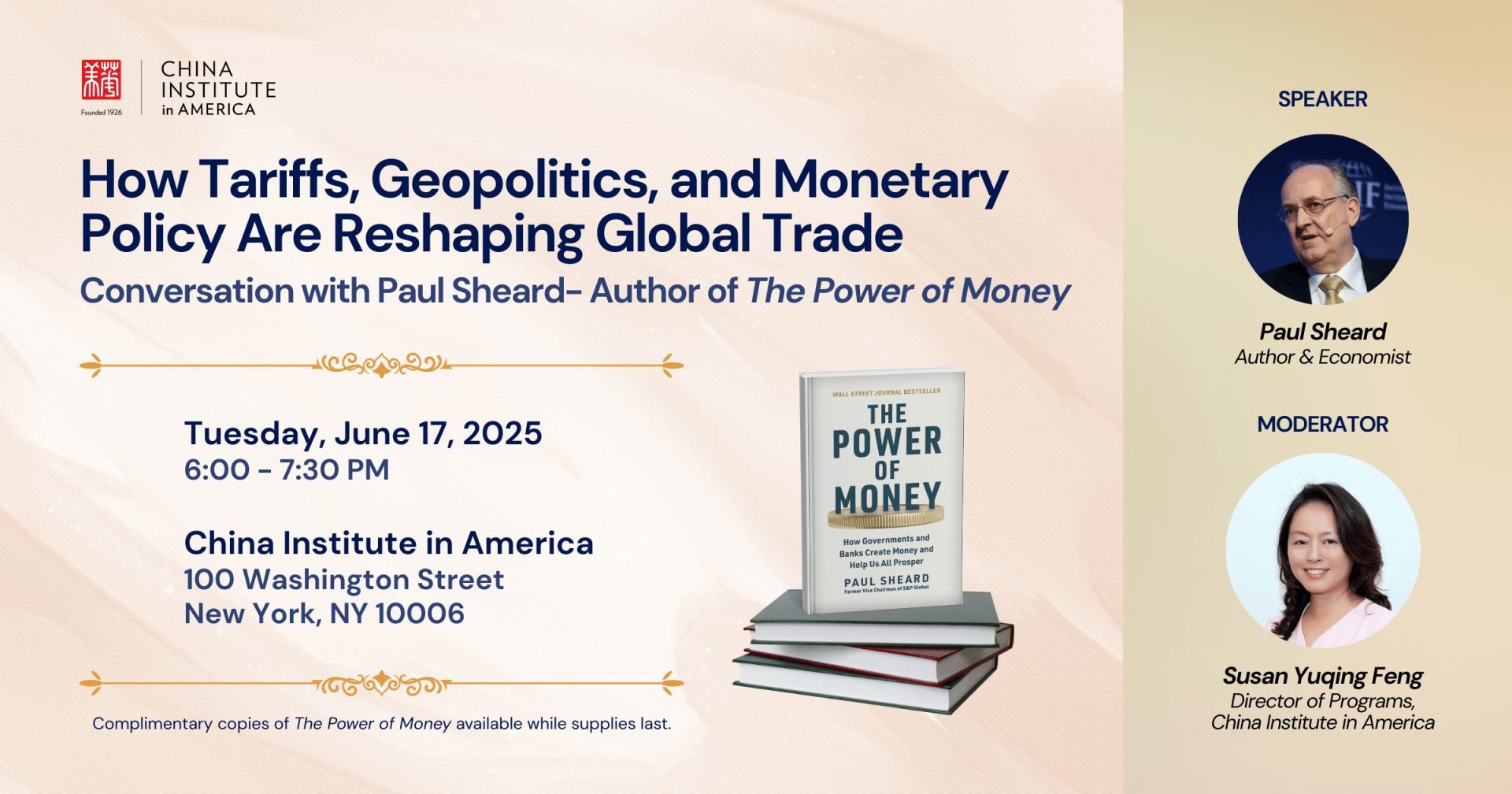This lecture traces the formation of Alfred Pillsbury’s collection during the early 20th century and offers updated perspectives on many masterpieces from this remarkable assemblage. For more information and tickets, please contact Tracy Jiao at [email protected].
Alfred Pillsbury’s Collection of Ancient Chinese Bronzes at Mia
In the early 20th century, Alfred Pillsbury, guided by personal taste and self-taught connoisseurship amassed a remarkable collection of Chinese objects. Among these, his collection of approximately 150 ancient Chinese bronzes, dating from the late Shang to the Zhou dynasties (c. 13th–3rd centuries BCE), stands out for its depth, rarity, and exceptional aesthetic quality. Now housed permanently at the Minneapolis Institute of Art (Mia), Pillsbury’s collection is widely regarded as one of the finest assemblages of ancient Chinese bronzes in the United States, celebrated for its stylistic diversity, beauty, and pristine condition.
This lecture traces the formation of Pillsbury’s collection during a period when the antiquities market shifted from Europe to the United States, leading American collectors to recognize bronze as one of the most brilliant achievements of Chinese civilization. Pillsbury’s collection, along with other significant assemblages, was shaped by this burgeoning appreciation for Chinese bronzes. Drawing on recent archaeological discoveries and new scholarship, the lecture offers updated perspectives on many masterpieces from Pillsbury’s collection. Most of these works will be featured in the China Institute’s upcoming exhibition, Eternal Offering.
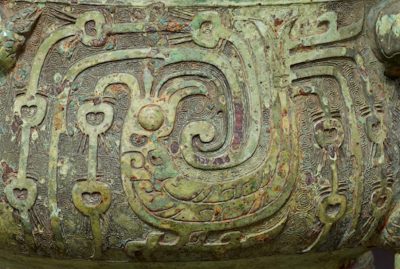
Detail of food vessel gui , early Western Zhou dynasty (1046 – 771 BC), Bequest of Alfred F. Pillsbury.
